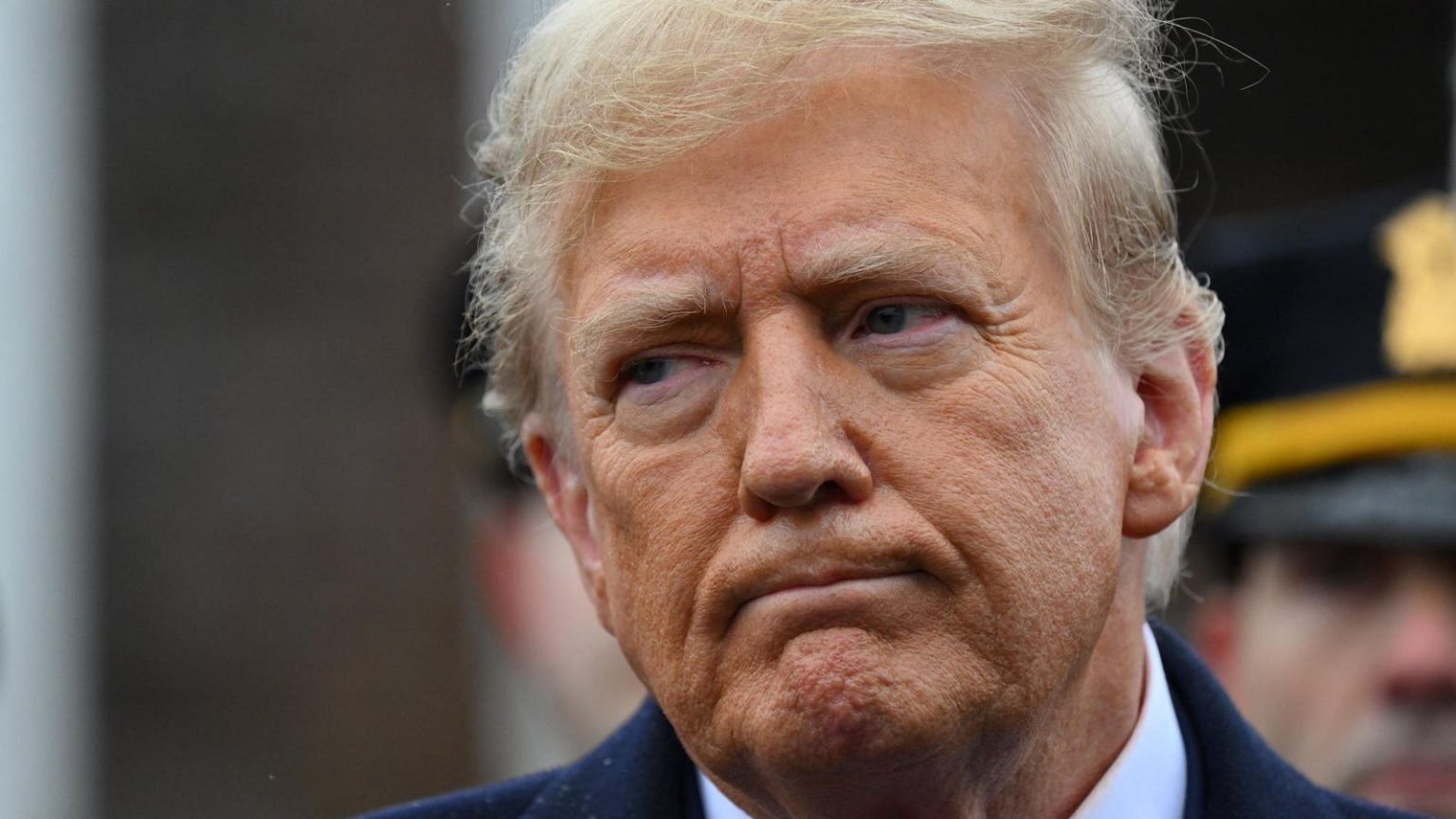Former President Donald Trump’s $175 million bond in his civil fraud case was thrown into question as the New York attorney general’s office raised concerns about the financial stability of the insurance company that underwrote the bond. The attorney general’s office requested more information about Knight Specialty Insurance Company’s financials and how the bond was collateralized, as the company is not admitted in New York. If proof of financial soundness is not provided within 10 days, the bond could be invalidated. Trump and his business associates posted the bond on Monday after an appeals court lowered the initial amount ordered by a judge in the civil fraud case.
Knight Specialty Insurance Company, chaired by billionaire Don Hankey, provided the underwriting for Trump’s bond, which Hankey stated was collateralized through a combination of cash and investment-grade bonds. The attorney general’s office filed a motion on Thursday asking for more information about the company’s financials and the collateralization of the bond. Companies providing bonds that are not admitted in New York must demonstrate their ability to cover the full amount of the bond and show that the person owing money has put up enough collateral to cover the bond.
In response to the attorney general’s filing, Trump and his co-defendants submitted an updated bond with more information about the company’s financials and certified their accuracy. However, the attorney general’s office stated that this does not fully address the requirements for providing proof of financial soundness. The court has given Trump and his co-defendants 10 days to provide additional information about the bond and Knight’s financials, with the threat that the bond will be invalidated if the information is not provided.
As Trump continues to appeal the ruling in the civil fraud case, the amount he owes is accruing interest at a rate of nine percent per year, adding over $111,000 per day to his total. Trump was ordered to pay over $454.2 million in total, with additional fines imposed on his sons and ex-CFO. If Trump and his co-defendants lose their appeal, they will be liable for the full amount owed, with interest continuing to accrue until the debt is paid off. Knight Specialty Insurance Company reported a surplus to policyholders of $138 million, which is less than the $175 million Trump owes, raising concerns about the company’s financial ability to cover the bond if needed.
Trump and his co-defendants were found liable in February for fraudulently misstating the value of their assets on financial statements in order to secure more favorable business deals and reflect a higher net worth for Trump. Judge Arthur Engoron found overwhelming evidence that Trump and his sons knowingly signed off on false financial statements, rejecting their claims that they were following advice from accountants. In addition to monetary penalties, Engoron imposed other punishments, such as prohibiting Trump and his sons from running New York companies for several years. The appeals court partially granted Trump’s request to delay payment on March 25, the same day James could have started seizing Trump’s assets if the bond had not been posted. Trump’s legal team had previously claimed it was impossible to secure a bond for the full amount of the judgment.


